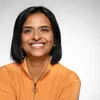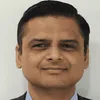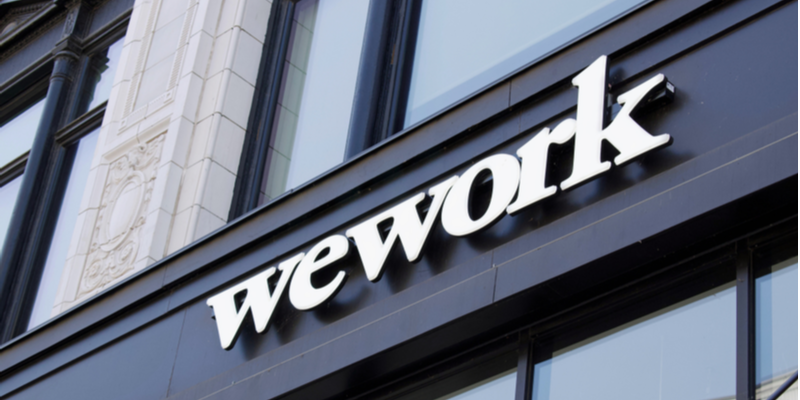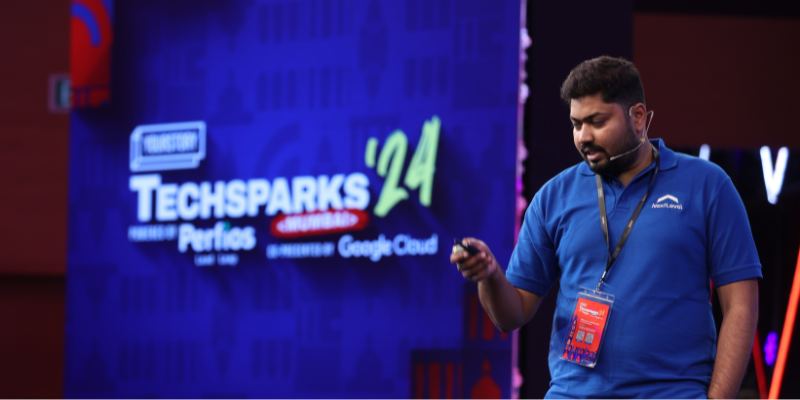[YS Learn] Product-market fit is a lifelong process as startups need to keep innovating, says Harsha Kumar of Lightspeed Venture Partners
Harsha Kumar, Partner, Lightspeed Venture Partners explains what she looks for in the founding team, founders, and investors while investing in startups.
There are multiple ways founders can grab an investor’s attention while looking to raise money, but one thing that stands out is how well the founders can tell their story, especially in the early stages.
Harsha Kumar, Partner, Lightspeed Venture Partners talks about what she looks for in startups and the founding team. Beginning her career at Persistent Systems, Harsha is known for her expertise in product building and product management.
After working at Persistent, she moved to Zynga, where she built and designed products on a global scale. She then became a part of , the ride-hailing unicorn, where she helped accelerate the company’s product from 3,000 rides to over a million rides a day.
At LightSpeed, she primarily looks at the fintech sector, and is on the board of , , , and , to name a few.
In a conversation with YourStory, Harsha explains her thought process in investing in startups.
YourStory (YS): Tell us about the journey as an investor and how do you look at products now?
Harsha Kumar (HK): It's been an unlearning process. The reality is that when you’re looking at early stages – there isn’t much of a product, and it’s the beginnings of a product; so you go with the potential.
PMF is a lifelong journey for a startup - you are constantly innovating and you need to bring PMF at every stage. It isn’t a one-time thing.
You are continuously evolving and building new things. Right from the early stages, you are looking at a real problem that needs to be solved.
A framework that I like – if I see products or solutions where there is already offline behaviour, somebody is doing the activity or the process offline that the startup is enabling online. It should be a service that somebody is paying for. If it is a product that the end-user is investing in, that is a positive sign.
Also, when someone has invested in the product, that helps kick in network effects. Facebook, for example, has got in people to bring others. In the early stages, it is important to understand that you will not end up where you started.
You might say, for example, I am building a SaaS tool for doctors to record and give out their prescriptions: that is valuable, and the market size is N. But the chance of succeeding comes with not sticking to that initial idea of the product throughout the journey. After seven years, you will have a different product.
If you aren’t keeping your mind open to different possibilities, somebody else will take your market away. Learn to respond to the changing market. A founder has to be acutely aware that by the Series D round, the company will be different from where it started.
YS: What do you look for in a founder?
HK: Some of the best founders are restless, Bhavish (Aggarwal) was that for me when I was at Ola. Nobody else can build Ola the way he had. I am always looking to see if the founders are punching about their weight constantly.
I am looking for founders who aren’t satisfied with the status quo, who is looking to do better in terms of hiring, in terms of people, and products. It is the biggest indicator of success.

YS: What should the founder focus on while building a product?
HK: There is nothing more important than demand, and figuring how you get to users who want your product, you are looking for love. You can fall into a trap that everything is about perfecting the product, but it isn’t about that, it is about perfecting your demand and the MVP.
The belief that if I put 10 things into my product it will click, isn’t true. Your core solution has to click with the end consumer. The other 10 solutions may optimise numbers for you but they won’t bring in demand.
YS: What do you look for in a pitch?
HK: I look for a simple deck and don’t like it crowded. Broadly, what I am looking for is a real problem that is getting solved for a real need. If the market doesn’t exist, then something that can tell that the market can be created.
In markets that need to be created, I look for founder-market fit. For example, if you are going to build a ride-hailing market, you need to convince consumers to change their behaviour from a rickshaw to a cab.
The founder needs to pull off difficult operations, has a consumer mindset, and has extreme hustle because this is market creation. They have to be a strategic thinker. It is capital intensive so you also need to be a good storyteller.
How you start matters a lot. Fundraising is an art, and a sales process and what you say in the first five to 10 minutes matters a lot.
You need to grab and hold attention, and this happens within 10 minutes. If a single founder introduction lasts just 10 minutes, it means something is off. You have to condense and focus on what matters most and talk about the problem.
You will have to do this for the next ten years, and will need to do this with the team leaders and get them to focus. The reality is: you are doing this to the investor as well. Focus on what matters most in every slide. Is it the market size or the tailwind in the market? Why is there a tailwind? If somebody calls out a risk or questions a business model, please ensure the response is thought through.
YS: What qualities of a founder are important?
HK: In some sectors, you need founders with a lot of grit. Sometimes it is a slow process, so you need founders who can invest their energy over a long time frame.
When I look to join a company, I would prefer to join the company that wants me the most and not the one that you want the most, because the company that wants you the most will give you the opportunity, freedom, trust, options, and are set to win in that environment.
So if you are talking to multiple investors, go for the ones that love you the most.
Edited by Kanishk Singh






![[YS Learn] Product-market fit is a lifelong process as startups need to keep innovating, says Harsha Kumar of Lightspeed Venture Partners](https://images.yourstory.com/cs/2/a9efa9c02dd911e9adc52d913c55075e/Imaget4sd-1604839053924.jpg?mode=crop&crop=faces&ar=2:1?width=3840&q=75)






